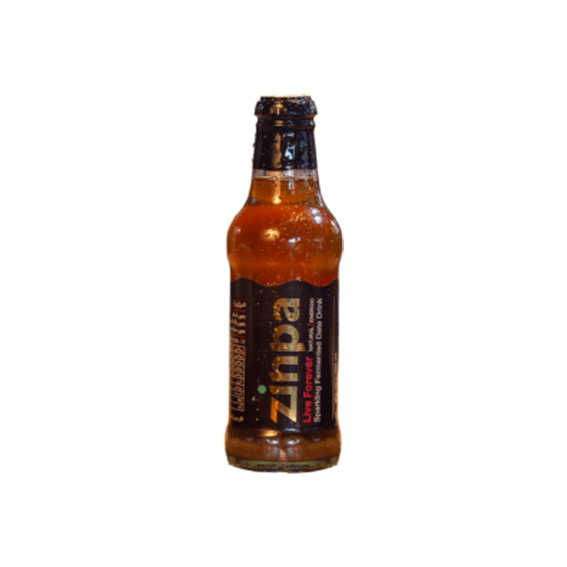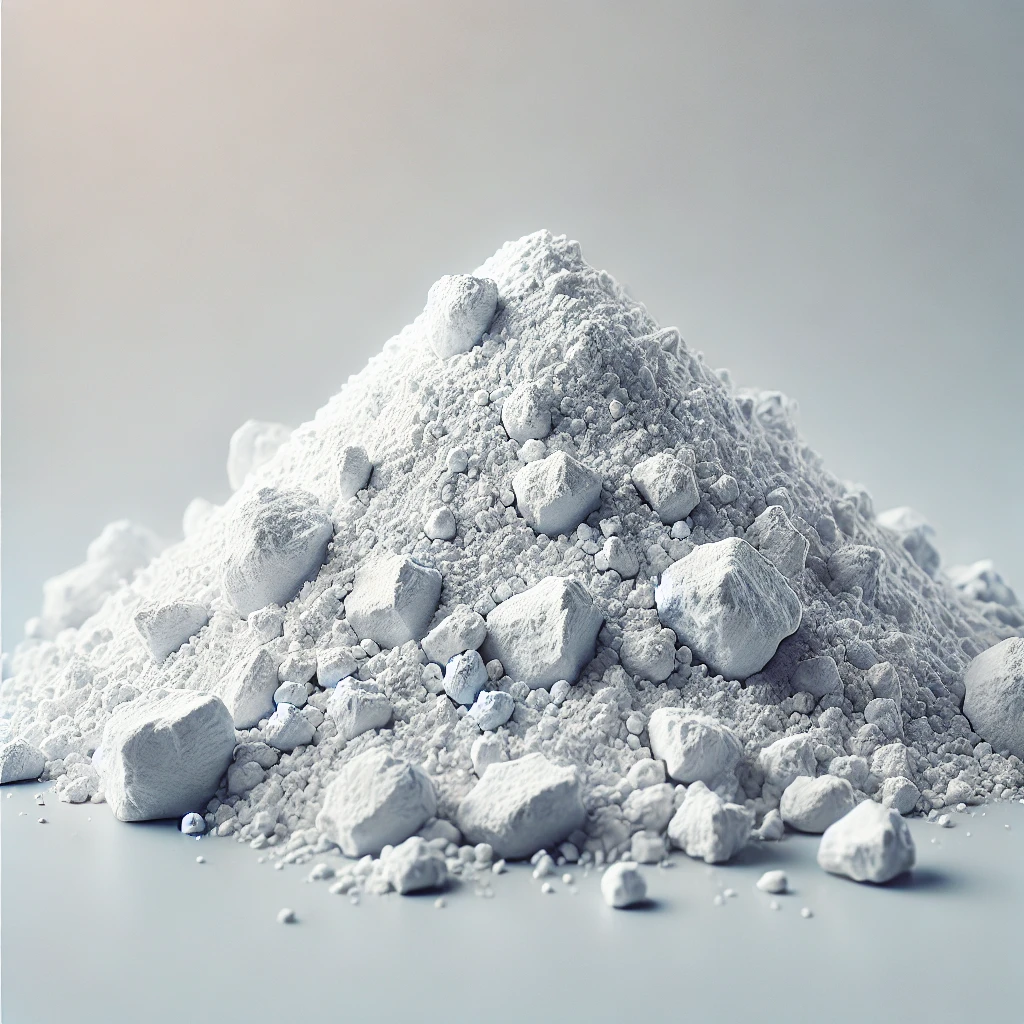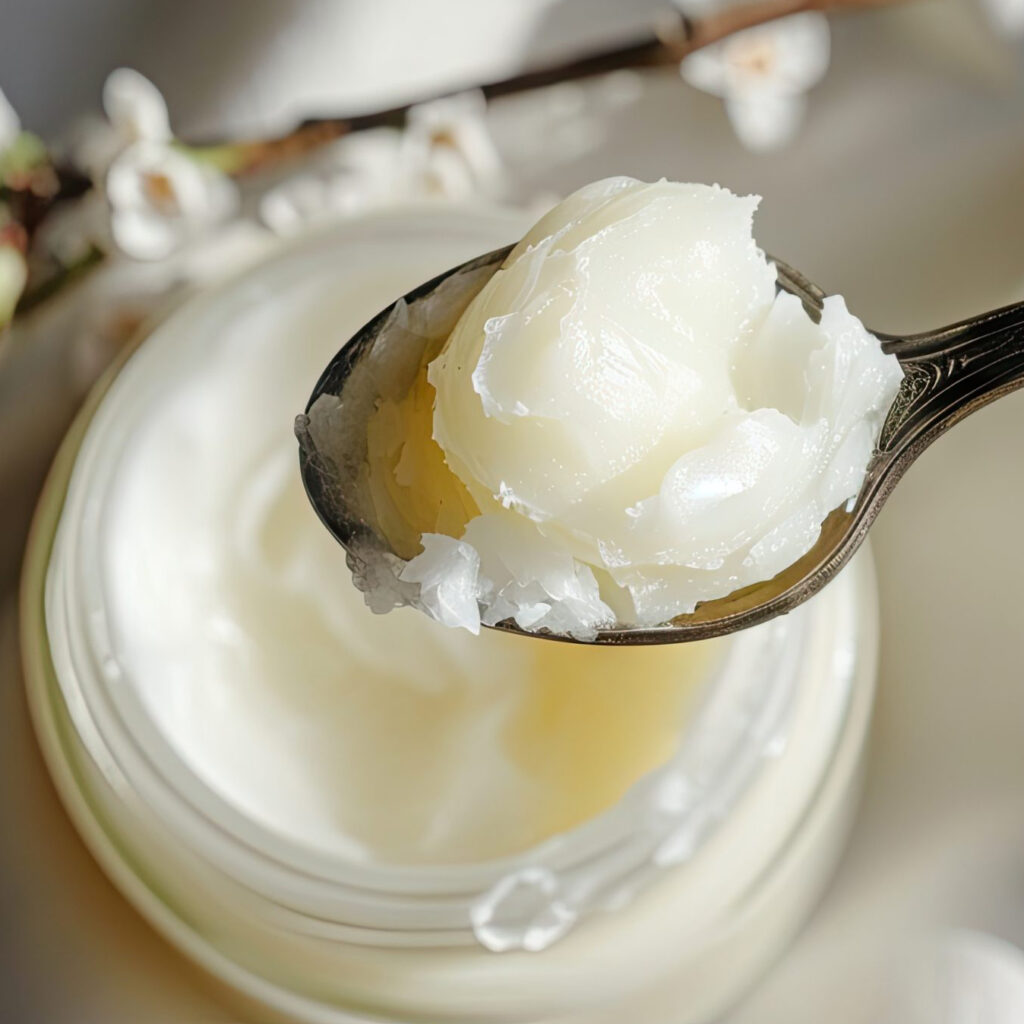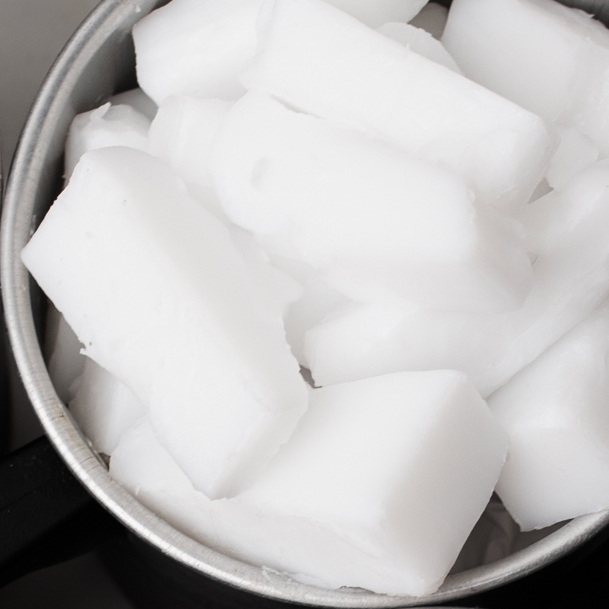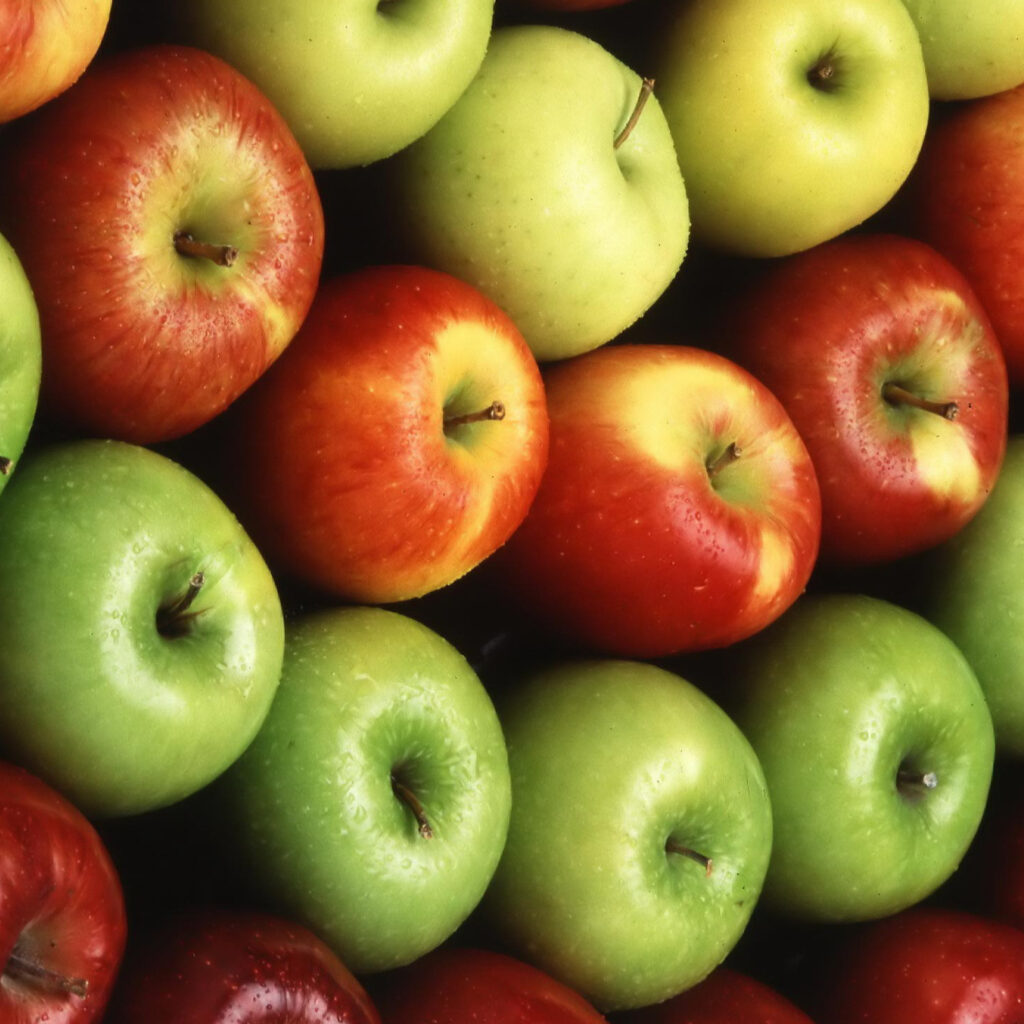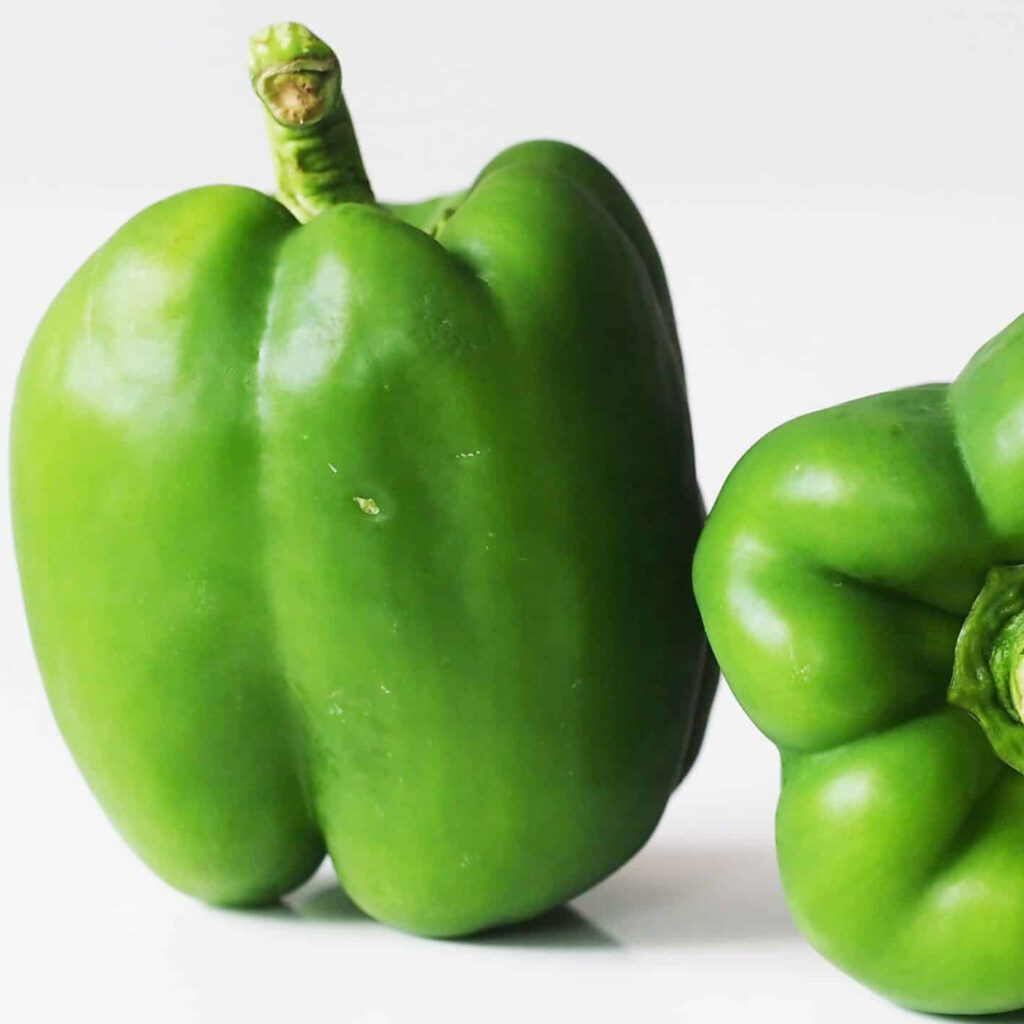Oranges are a popular citrus fruit known for their juicy, sweet, and tangy flavor. Here are some interesting facts about oranges:
- Nutritional Value: Oranges are an excellent source of vitamin C, providing about 70 mg per medium-sized orange. They also contain fiber, folate, and several antioxidants.
- Varieties: There are many varieties of oranges, including navel, Valencia, blood oranges, and mandarin oranges. Each type has its unique flavor and use in cooking and juicing.
- Health Benefits: Regular consumption of oranges may boost the immune system, improve skin health, and reduce the risk of chronic diseases due to their high antioxidant content.
- Culinary Uses: Oranges can be eaten fresh, juiced, or used in cooking and baking. The zest (the outer peel) is often used to add flavor to dishes.
- Cultivation: Oranges are grown in tropical and subtropical climates worldwide.
Oranges offer a wide range of health benefits due to their rich nutritional profile. Here are some key benefits:
- High in Vitamin C: Oranges are an excellent source of vitamin C, which plays a crucial role in boosting the immune system, promoting skin health, and aiding in the absorption of iron from plant-based foods.
- Antioxidant Properties: The antioxidants in oranges, including flavonoids and carotenoids, help combat oxidative stress in the body, potentially reducing the risk of chronic diseases like heart disease and cancer.
- Heart Health: Regular consumption of oranges can help lower cholesterol levels and blood pressure, thanks to their fiber, potassium, and antioxidant content. These factors contribute to overall cardiovascular health.
- Digestive Health: Oranges are high in dietary fiber, which aids digestion and helps prevent constipation. The fiber content also promotes a healthy gut microbiome.
- Skin Health: The vitamin C and antioxidants in oranges can help improve skin texture, promote collagen production, and reduce signs of aging, such as wrinkles and fine lines.
- Hydration: Oranges have a high water content (about 86%), which helps keep you hydrated, especially in hot weather.
- Weight Management: Low in calories and high in fiber, oranges can help you feel full, making them a great snack for weight management.
- Blood Sugar Control: The fiber in oranges can help regulate blood sugar levels, making them a good choice for people with diabetes or those at risk of developing the condition.
- Cancer Prevention: Some studies suggest that the antioxidants in oranges may help reduce the risk of certain cancers, particularly breast and stomach cancers.
Incorporating oranges into your diet can be simple and enjoyable. Whether you eat them fresh, add them to salads, or drink orange juice, they provide a delicious way to boost your overall health.


